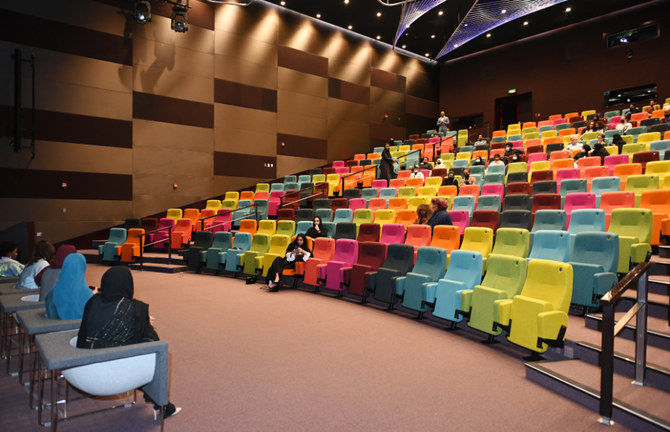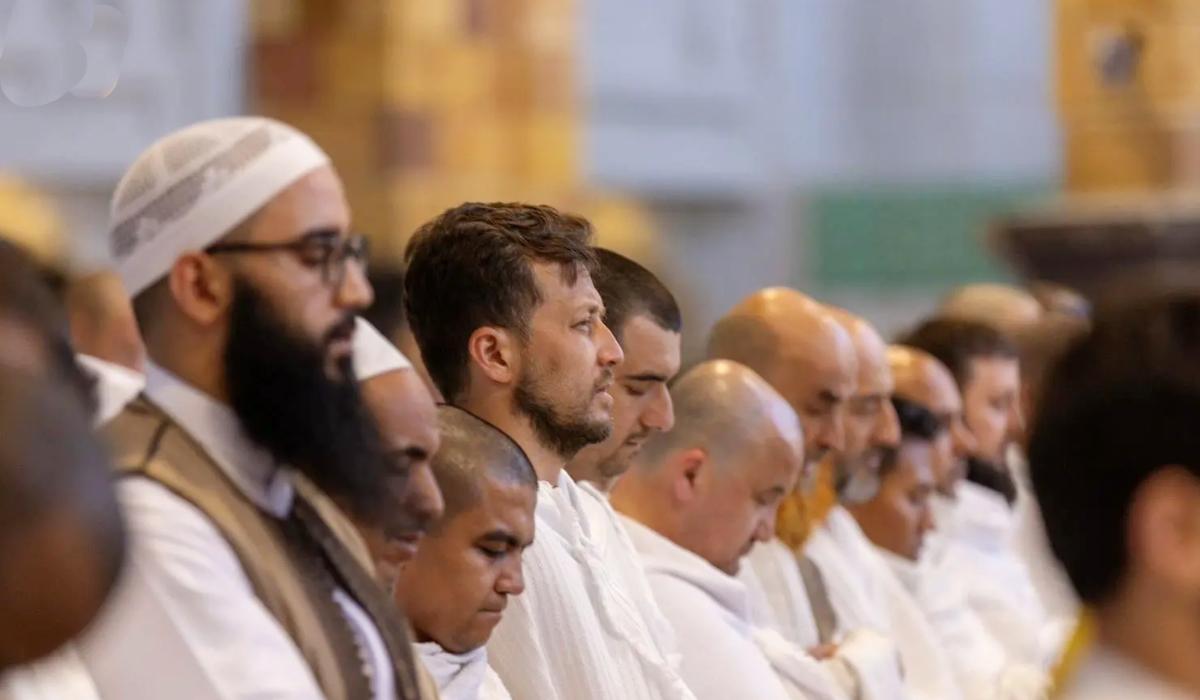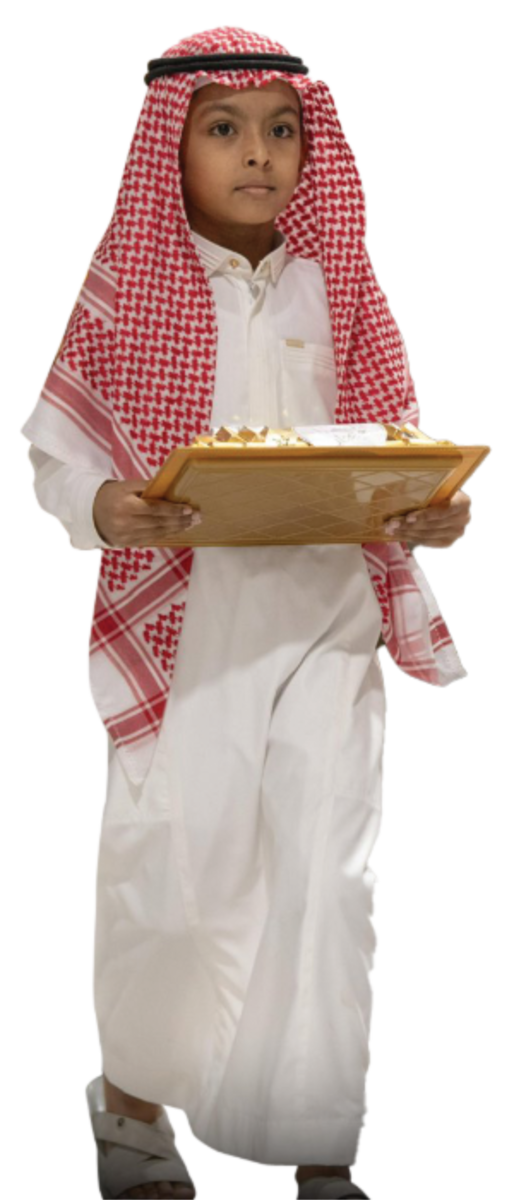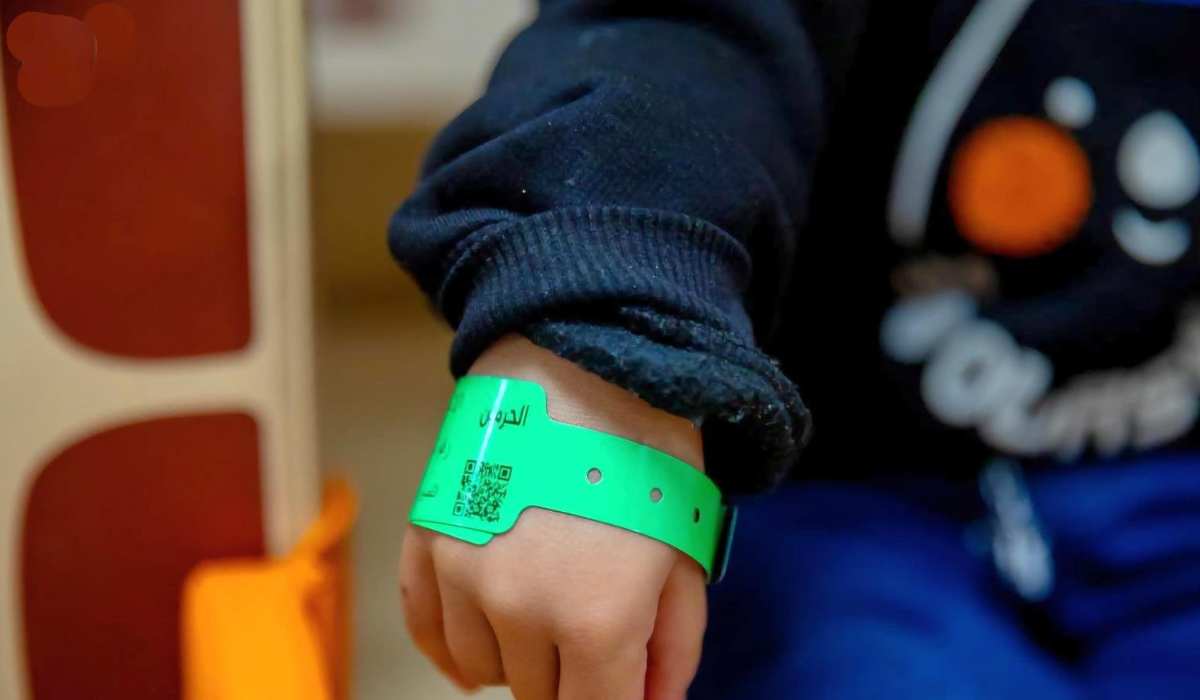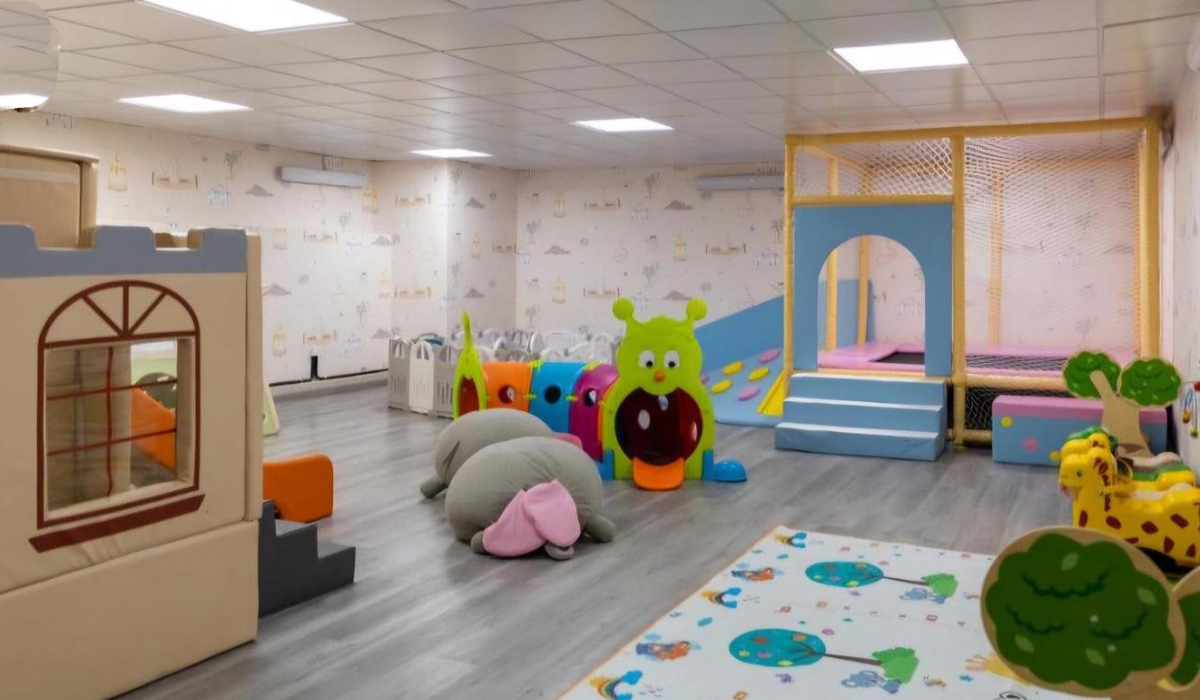DHAHRAN: Fans of Saudi cinema filled the plush, multi-colored theater seats at Ithra, the King Abdulaziz Center for World Culture, on Tuesday, March 15, as the venue co-hosted a new event celebrating local films and emerging talent in the Kingdom.
“In collaboration with the Red Sea International Film Festival, we are having an event titled Saudi Cinema Nights,” Mansour Albadran, the cinema coordinator at Ithra’s performing arts unit, told Arab News.
“It is a signature event by the (RSIFF) and we decided to have it here in Dhahran for the first time.”
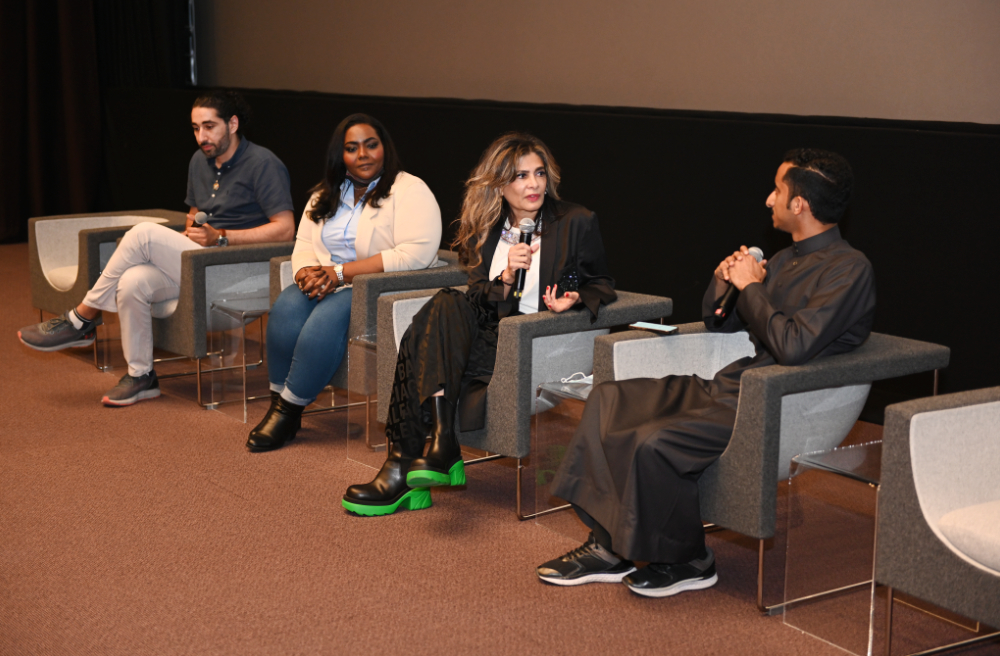
The screenings were followed by Q&A sessions with the filmmakers. (Supplied/Ahmed Al-Thani)
The event was like a masterclass in modern Saudi cinema, as viewers were treated to a curated selection of recent films exploring the Saudi condition, all of which were made local directors and producers and featured local actors. The screenings were followed by Q&A sessions with the filmmakers.
The first film was “Quareer,” the title of which is derived from an Arabic word that roughly translates as “glass bottle.” It is an anthology featuring five short films made by five female directors — Ragheed Al-Nahdi, Norah Almowald, Ruba Khafagy, Fatma Alhazmi, and Noor Alameer — as part of their graduation project.
HIGHLIGHTS
• The first film was ‘Quareer,’ the title of which is derived from an Arabic word that roughly translates as ‘glass bottle.’ It is an anthology featuring five short films made by five female directors — Ragheed Al-Nahdi, Norah Almowald, Ruba Khafagy, Fatma Alhazmi, and Noor Alameer — as part of their graduation project.
• Next up were two films by pioneering journalist-turned-filmmaker Faiza Ambah, who presented her debut Arabic-language film ‘Nour Shams,’ along with ‘Jawwi,’ a short documentary about the making of the film.
• Audiences then watched ‘Route 10,’ an action movie, directed and co-written by Omar Naim, about two privileged siblings who set off on a road trip from Riyadh to attend a family wedding in Abu Dhabi and are faced with internal and external threats along the way.
Each vignette tells a story about a Saudi girl or woman living in the Kingdom in the past decade or so, recent-enough history to be easily identifiable to anyone in the audience over the age of 21.
The title was chosen to reflect the fact that Saudi women can be fragile but also strong and capable of taking on any challenge or role required of them.
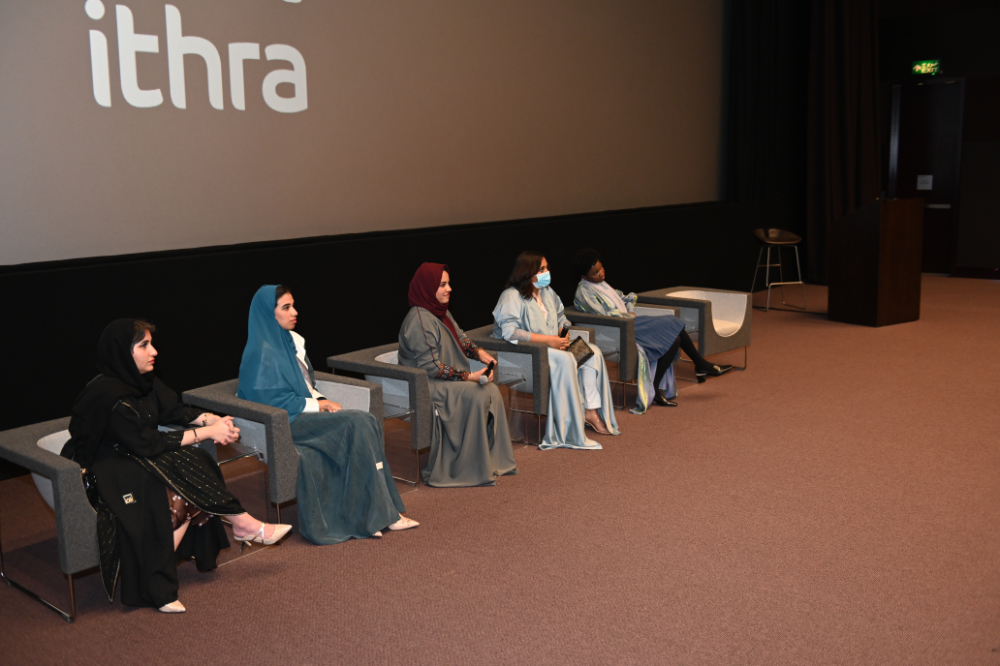
Saudi Cinema Nights at Ithra. (Supplied/Ahmed Al-Thani)
After the screening, the directors spoke about their experiences of creating and telling their stories of Saudi women and how much it means to them for it to be shown in their home country.
Next up were two films by pioneering journalist-turned-filmmaker Faiza Ambah, who presented her debut Arabic-language film “Nour Shams,” along with “Jawwi,” a short documentary about the making of the film.
They were filmed in various neighborhoods of Jeddah where, for about seven months during the pandemic, Ambah introduced filmmaking to an area largely untouched by cinema. She worked with local youths during the production, most of whom were between the ages of about 10 and 13 and had never seen a film in a theater.
Without realizing it at the time, she was also documenting a part of the city that would soon be redeveloped. As a result many of the neighborhoods in which she filmed are now gone, demolished to make way for new construction plans, and so her film became a valuable archive of historical footage.
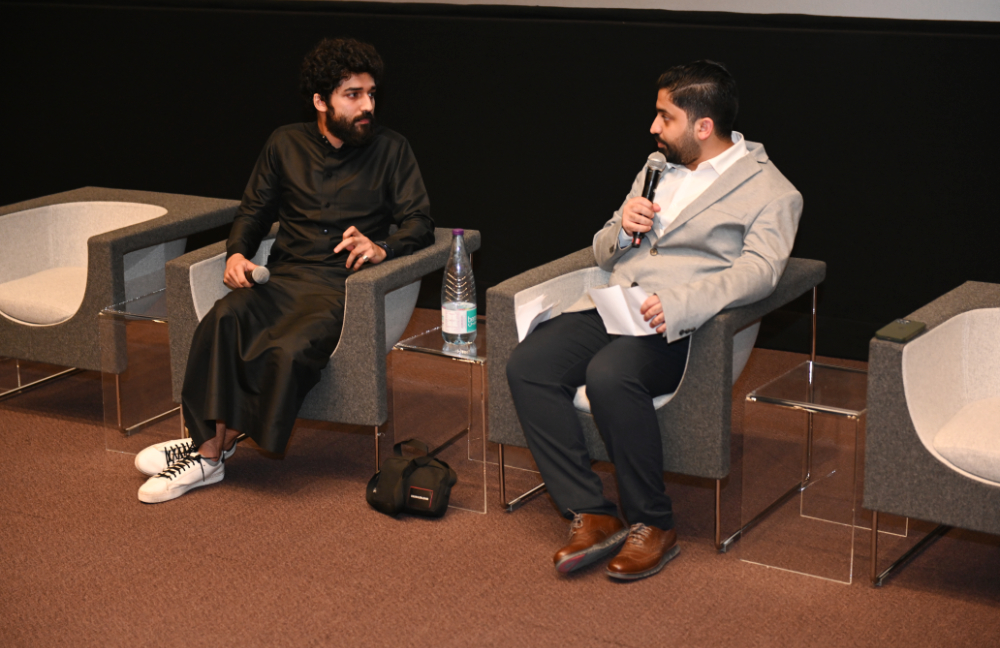
(Supplied/Ahmed Al-Thani)
Ambah returned to her roots for the screening on Tuesday; she grew up in Dhahran before leaving to work for Arab News in the late 1980s.
In 2015, she wrote and directed her debut film, “Mariam,” about a French Muslim girl who faces a dilemma when the hijab is banned in schools. In one scene in “Nour Shams,” a character shouts, “The French hate the Arabs,” possibly a nod to the earlier film.
During a post-screening conversation with Ithra’s cinema coordinator, Mohammed Almousa, Ambah talked about the challenges and joys of working in her home country and sharing neglected narratives.
Audiences then watched “Route 10,” an action movie, directed and co-written by Omar Naim, about two privileged siblings who set off on a road trip from Riyadh to attend a family wedding in Abu Dhabi and are faced with internal and external threats along the way.
One of stars, Baraa Alem, talked after the screening with Albadran about how difficult it had been to shoot a film at “the height” of the COVID-19 pandemic, when cast and crew had to take PCR tests every few days.
He also spoke about how he had also been coping with a recent personal loss; his father passed away shortly before filming began, and Alem said he had thrown himself into his role as a result.
All of the films screened on Tuesday were chosen by a committee and screened during the RSIFF in December.
“We are very happy to have this event here in Ithra,” Albadran said. “We think this event will be a start of a long-term, unique relationship between Ithra and the Red Sea International Film Festival.
“Ithra is co-organizing this with the (RSIFF) as part of its efforts to reinforce its presence in the film industry as one of the oldest and, if you will, biggest players of the cinema industry in the Kingdom, and the Eastern Province specifically.
“We hope this event tonight will be an event that people will remember (along with the) movies they watch. Whether you’re a cinema lover or a filmmaker, we hope that you find (something) here.”


